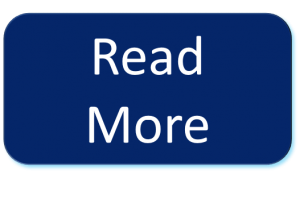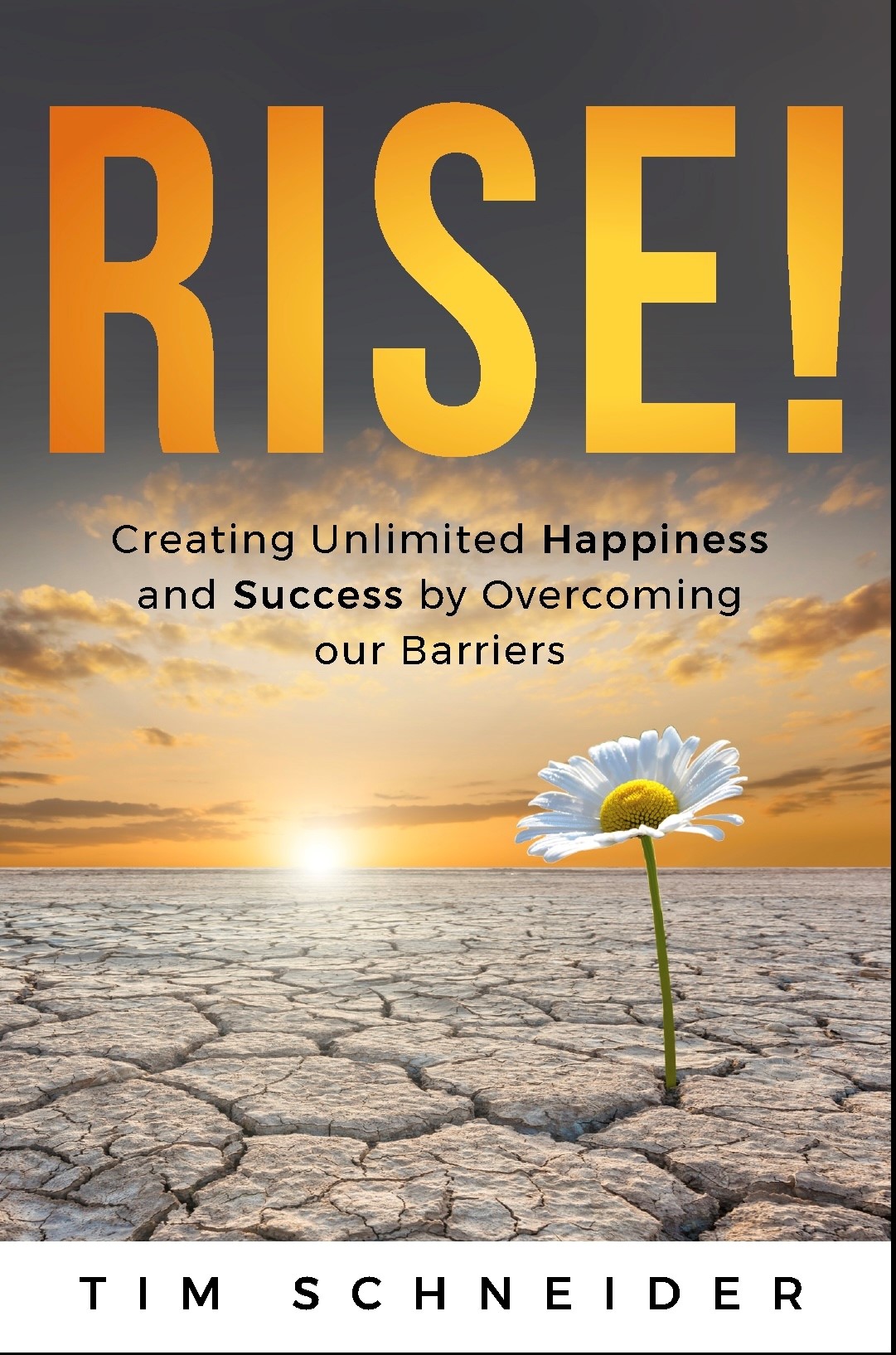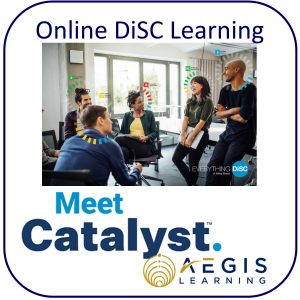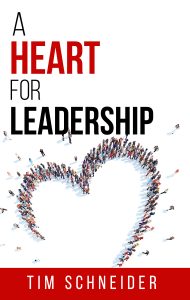Author: TimSchneider
Leading Edge – Volume 45 – Difficult People: Conclusion

Improve and Control-The People Side
By Amy McKee
Last week, we covered the Improve and Control phases within the DMAIC framework.
If you have incorporated people in the first three phases, it will make the improve and the control phases substantially easier. However, people are still a critical component of these two phases and setting the right conditions for success will ensure they walk away open to the possibility of more improvements in the future. Here are 3 more tips to include during the Improve and Control framework:
1. Listen To All Levels.
The biggest complaint from employees during testing is often that no one is listening to them. Start with the assumption that everyone is doing the best they can, then LISTEN to the employees during testing and implementation to ensure their concerns are being addressed. People are much more open to change when they feel like they feel part of the process.
2. Communicate Effectively.
The majority of people don’t change the way they do things because someone tells them to. They change because they want to.
a. Communicate how employees benefit from making the change. (If you didn’t make it easier on employees, it will be substantially harder to implement.)
b. When training is needed, remember that some people learn more by seeing, others by hearing, and others by doing. Hit their curiosity button based on their interests, explain the process, demonstrate the process, let them practice the process, let them teach others the process, and leave them feeling good that they can do the process well.
3. Celebrate Successes.
At the end of the day, people will remember how they felt about the project. Celebrate successes along the way and especially recognize everyone’s individual efforts at the end. This will motivate people, incentivize positive behaviors, and increase the likelihood that they will want to DMAIC again in the future!
Measure and Analyze-The People Side
By Amy McKee
Last week, we covered the Measure and Analyze phases within the DMAIC framework.
From a people perspective, this is often a place where the right people are excluded as things get measured. The results you come up with in the Measure and Analyze phases will be critical to the overall implementation acceptance. Here are 3 important tips to consider from a people aspect:
1. Meaningful Metrics.
You can’t change what you don’t measure. Often an improvement effort is focused on improving bottom line results or delivery to the end-customer. Those items are standards for measuring performance of a process, but they leave out the most important assets to a process: PEOPLE! While some people may debate what is meaningful, there are two guarantees that will always determine implementation success.
a. How easy is it for the people responsible for doing the job to do it well? The easier the process, the more consistent and the easier it is for employees to excel at the job.
b. Anything CAN be measured. If the measurements do not currently exist, you just need to devise a measurement method that is repeatable (A measures twice and gets the same answer) and reproducible (A and B measures the same thing and gets the same answer).
2. Appropriate Precision of Process Maps.
W. Edwards Deming often said, “Understand the process just enough to make improvements, but not enough that the current system begins to make sense.” A process map should always be done with the help of key stakeholders and recognize that the level they are in the organization will likely play into what level of detail they include. Plan accordingly.
3. Present Analytical Metrics and Tell a Story.
The majority of people are not mathematically inclined and only about 20% of the population is process oriented. The remaining 80% of people are either visual or kinesthetic. This means that to get a point across, you need to paint a clear picture of what the data means and leave people feeling good about your analysis. You can do this by:
a. Using metaphors and pictures so they understand the data, and
b. Relate metrics back to how it makes people feel – employees and customers alike.
Leading Edge – Volume 44 – Holiday Greetings from Aegis Learning

iCoach App Features Learning and Convenience
Extended and Convenient Access
Aegis iCoach was built with you in mind.
The iCoach app provides you with instant and updated access to all of Aegis Learning’s award winning content and follow-up tools including:
- Video Library (Over 100 Learning Titles)
- Leading Edge Newsletter Archives
- Aegis Inspirations
- My Everything DiSC (Portal to Learn More About Your DiSC Assessment)
- Article Library
- Aegis Cares Updates
And best of all, no ads or promotional material.
Go Green with iCoach
Training and learning from Aegis Learning can now be more eco-friendly.
The Aegis iCoach app allows customers and program participants to access all learning materials from their own device. Some training companies may “loan” you a device for the day but Aegis Learning provides the materials to you through the iCoach application for you to keep and review at your convenience. Program guides, participant forms and follow-up tools are all delivered from the iCoach application and no paper is wasted.
Go green with your next training session and the iCoach application.
Download iCoach Today
Polly Walker, Chief Innovation Officer at Aegis Learning was the architect of this innovative and leading approach to continued learning and eco-friendly delivery.

Defining Process Improvement-Measure and Analyze
By Polly Walker
In previous articles, we have covered the “D- Define” step of DMAIC approach and the people strategies associated with that step. This week we will provide some high-level activities that should occur during the “M- Measure and A – Analyze” steps of a process improvement project.
STEP TWO: MEASURE
1. Gather current data/trends for performance metrics for the process. If there are no metrics identified, work with the department and workgroup to develop/identify pertinent process performance metrics and ongoing tracking/reporting mechanisms.
2. Chart the as-is workflow.
STEP THREE: ANALYZE
3. Utilize the “as-is workflow” and workgroup input to identify challenges, wastes and bottlenecks using the LEAN (and/or Six Sigma) methodology.
4. Utilize the most appropriate analytical tools (control charts, FMEA, etc.) to further analyze the process.
5. Use design principles, best practices and/or team insights to create recommendations to redesign the process and eliminate waste.
Leading Edge – Volume 43 – Difficult People: Bad Bosses

Leading Edge – Volume 42 – Difficult People: Customers and Team Members

Celebrating Leaders-Carnival Cruise Lines
Reconnecting with Rock Stars!
Truly honored and blessed to reconnect with the leadership team from Carnival Cruise Lines.
Energetic, heart filled and highly skilled, these leaders were eager to hone their skills even farther. No amount of superlatives will be able to completely describe this group and the relationship with each of them is priceless.






